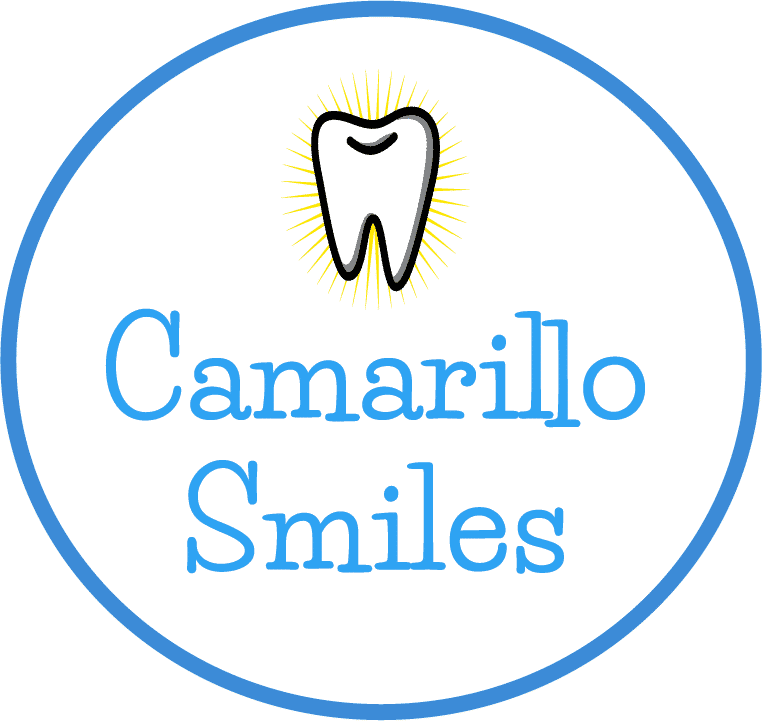All About Childhood Cavity Prevention
When should an infant's oral hygiene begin?

Start them early
Why is it important to care for baby teeth?
How should you care for a child's baby teeth?
As soon as the first tooth erupts, primary teeth may be cleaned with a clean, wet washcloth or wet gauze. The gums also should be gently wiped. If a toothbrush is used, it should be an appropriate size
Can decay-causing bacteria be passed to an infant?
Yes, babies are exposed to bacteria from a variety of sources, such as a caregiver blowing on food to cool it, tasting food, sharing utensils, kissing the infant on the mouth, sharing a cup, or sucking on the baby’s fingers. Care should be taken not to expose the infant to bacterial exposure from these sources.
Should you give a baby a fluoride supplement?
Babies living in areas where the water supply is fluoridated do not need fluoride supplements. If the water supply is not fluoridated, or if the baby is breastfed, the physician or dentist may recommend supplements starting at the age of six months. Besides tap water, and often bottled water as well, fluoride also is found in juices (especially cranberry juice) and baby foods (especially chicken). These sources may provide enough fluoride without the need for supplements, so discuss the need for fluoride supplements with your child’s physician and/or us.
Can juices hurt your child's teeth?
Because of the sugar content, juice and juice products have much greater potential to cause decay. Apple juice may cause staining of the teeth and should be diluted with water. Any beverage other than water has the potential to cause tooth decay, especially if the child drinks it frequently.
What is "Baby bottle tooth decay?"
You can prevent baby bottle tooth decay by wiping the child’s teeth and gums with a clean, moist washcloth after each feeding to remove plaque. You should never let your child go to sleep with a bottle containing a sweetened liquid. Among these are milk (including breast milk), formula, fruit juice, and other sweetened liquids. Constant use of a sipping cup containing sweetened liquids also can cause baby bottle tooth decay.
To repair the decay, extensive treatment or extraction of the teeth may be required. Because the children are usually around 18 months to 2 years of age, hospitalization with general anesthesia is often required to perform these procedures.Our Location
Our Location
Camarillo Smiles
92 Palm Drive
Camarillo, CA 93010
Our Hours
| MON | 7:00am - 8:00pm |
| TUES | 7:00am - 8:00pm |
| WED | 7:00am - 8:00pm |
| THUR | 7:00am - 8:00pm |
| FRI | 7:00am - 5:00pm |
| SAT | 8:00am - 1:00pm |
Call us 805-388-5700
Email: info@CamarilloSmiles.com
Ask Us Anything
